My family and I follow the five 5 R’s of zero waste: refuse, reuse, recycle and rot to ensure that we create as little waste as possible in our daily lives. We had always thought we were respectful of the planet: we always refused plastic bags and recycled, and we thought it was enough. But was it?
Our carbon footprint
When we had our first child in 2010 we realised that it wasn’t enough. The amount of trash created by this tiny human was unbelievable, and none of it was recyclable! Diapers, wet wipes, cotton pads and more were going into the waste bin on a daily basis. Like seven billion other people on the planet, we wanted the best for our children. But we figured that if everybody was consuming like we did, we would need more than one planet to sustain our lifestyle. The carbon footprint of our family was so high that we had to do something about it.
Zero waste: how to…?
At this point, we hadn’t heard of Zero Waste and yet the concept came quite naturally to our family. We started out by looking at our two bins: the non-recycling bin, and the recycling bin. All the items that were disposable were replaced with reusable ones. We purchased washable cotton diapers and washable cotton wipes for the babies, and we even managed to purchase a baby cot, playpen, clothes and toys secondhand.
A new approach in the kitchen
The second largest production of waste at home came from the kitchen – the main culprit being food packaging. We found a local organic farmer who was willing to deliver fresh seasonal fruits and vegetables to our home, and we outfitted our kitchen with a great water filter for clean drinking water which we then bottled up and took with us everywhere we went. We still treated ourselves with the occasional wine or champagne bottle but those were easy to recycle.
Then we downsized our disposables. We traded paper towels for cloth ones, plastic straws for metal straws (which were heaps more fun anyway), and aluminum foil and cling wrap for wax wrapping paper.

Compost building
We also began to compost whatever was left of the fruits and vegetables we ate. That turned out to be much easier than expected. Everything you need to compost can be found in your own home (or on your street). We used an old laundry basket for this. Coffee grounds, tea leaves, vegetable peels and eggshells go into the basket and then we cover it with a layer of dead leaves and drizzle a little water over it. We carry on this processing of adding to the compost until the bin is full, and then we call our farmer to come and collect the compost for his farm.
It was an easy, mind clearing process and we embraced the space that we had reclaimed in our home from giving away things that we did not need, or like, and not buying anything that we couldn’t reuse or keep for a long time. We sold and donated more than half of our belongings and curated our home so we could live a less materialistic and more minimalist lifestyle.
The freedom of having less things made it easier for us to move to Kuala Lumpur. And we were thankful for that, as our family grew much larger (we now have three kids) and yet all our belongings filled only one shipping container. Turns out our lifestyle was way more cost effective than we expected!

Going zero waste, so far, has been amazing for my family; not just in terms of health but also for the wallet; and it has taught us to appreciate the little things that make life more worthwhile.
Steps you can take towards a zero waste lifestyle
- The easiest way to begin is with your packed lunch. Bring lunch from home or bring a take out box if you’re going to grab a take out lunch. It may not be the coolest looking lunch, but it’s plastic free. And best of all, your container is reusable! The same goes for takeout coffee.
- Buy from bulk stores. There are quite some bulk and zero waste stores in KL which stock a myriad of dry organic foods like rolled oats, pumpkin kernels, flax seed and quinoa by the gram. We also stock reusable items like metal straws and compostable toothbrushes.
- Buy vegetables from a local organic farmer. In our case he also collects our compost for his farm.
- Replace all of your expensive toxic cleaning products with the following items:
a. white vinegar. You can use vinegar to clean heaps of things in your own home! Although not registered with the FDA as a cleaning agent, it will kill both salmonella and E. coli.
b. baking soda. It absorbs heaps of odours around your home and is capable of removing tough stains. Another plus is that baking soda is completely non-toxic.
c. lemon. This fruit is a natural disinfectant and can be used all over the house. Additionally, it smells great! - Whenever you can, buy secondhand. Fast fashion is terrible for the planet, leading to garbage dumps full of useless (not so) old clothing that take forever to decompose. Purchasing good quality clothing secondhand is not only great for the planet, it’s great for your wallet. If you want to know more, watch this clip:





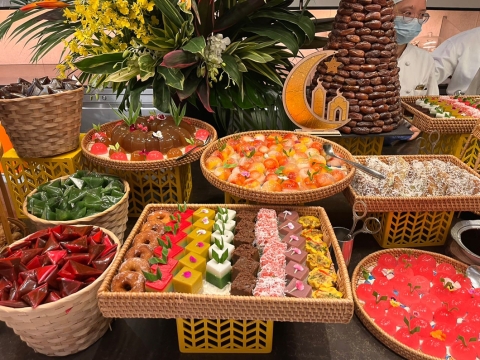
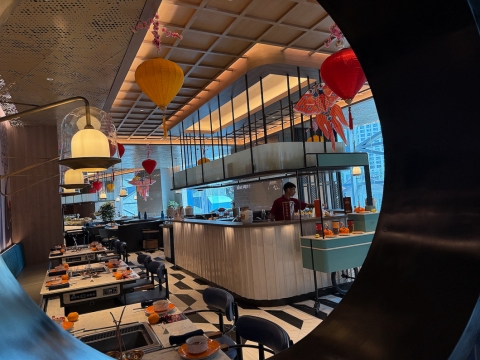
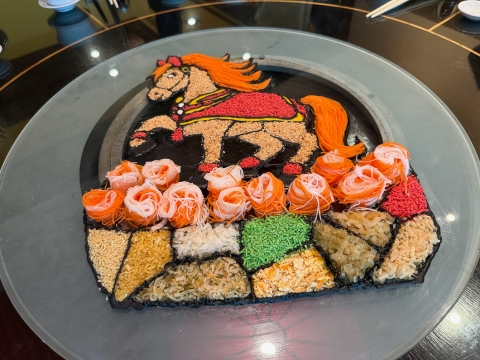
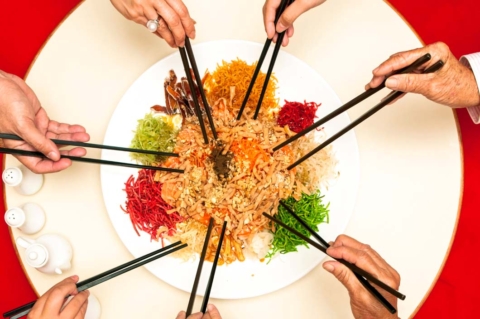
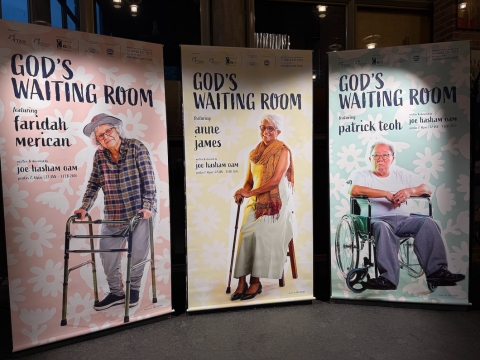










One Response
I’d like to see the True Cost movie.